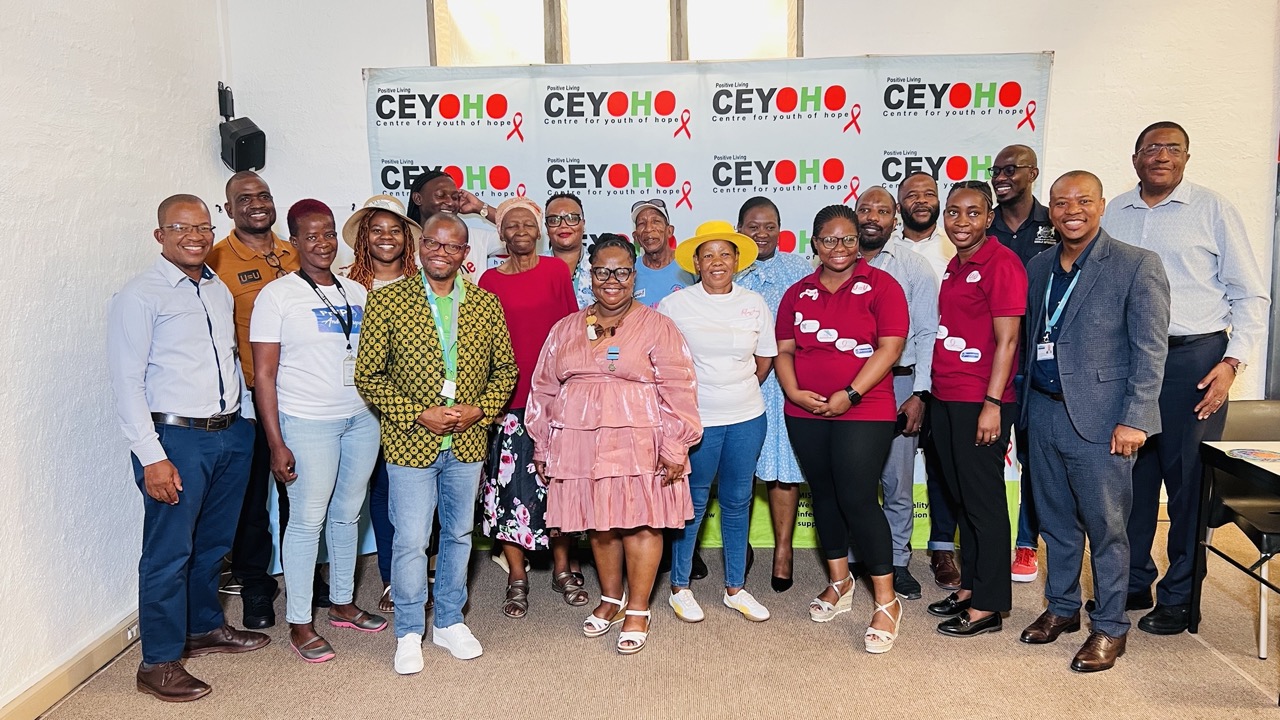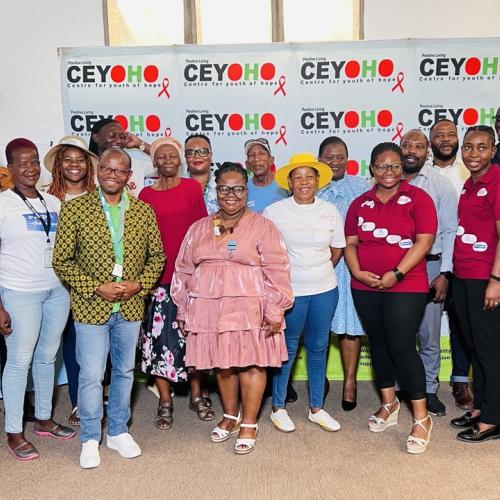
BHP has partnered with the Centre for Youth of Hope (CEYOHO), a non-profit organization in Gaborone on an “HIV Cure Literacy and Advocacy Project” to build HIV Cure literacy and advocacy skills among HIV long-term survivors in Botswana. CEYOHO is a non-profit organization focusing on enhancing health among Botswana’s youth. It specializes in HIV-related education, treatment, and prevention strategies. It also promotes overall well-being, integrating physical, mental health, and advocacy efforts. The project was launched on November 23, 2023 at Sanitas Gardens in Gaborone.
The Botswana HIV Cure Research Literacy Initiative organized by CEYOHO, aims to enhance understanding of the HIV cure research agenda among long-term HIV survivors and communities most affected by HIV. The initiative’s primary objectives include enhancing knowledge by creating awareness in communities impacted by HIV to enable them to contribute meaningfully to the HIV cure research agenda. CEYOHO Executive Director, Kennedy Mupeli told attendants of the launch that the project seeks to dispel the myths surrounding HIV by addressing communitybased misconceptions about HIV and the ongoing
research towards finding a cure.
He said the project will also equip individuals with the knowledge they need, to decide about voluntary and confident participation in clinical trials related to the HIV cure research agenda, thus empowering informed decision making. He explained that involving long-term survivours in HIV cure research is crucial as they can provide unique insights and experiences on long-term effects and impact of HIV/AIDS and antiretroviral therapy, important in understanding how to develop an effective and safe cure. Long term survivours provide diverse perspectives as people who have lived with HIV for a long time and may have experienced different treatment regimens, side effects, and health complications.
“For representation and advocacy, including longterm survivors in research ensures that their voices and concerns are represented. This is important for ethical reasons and to ensure that the research is aligned with the needs and priorities of those most affected by HIV,” he said.





